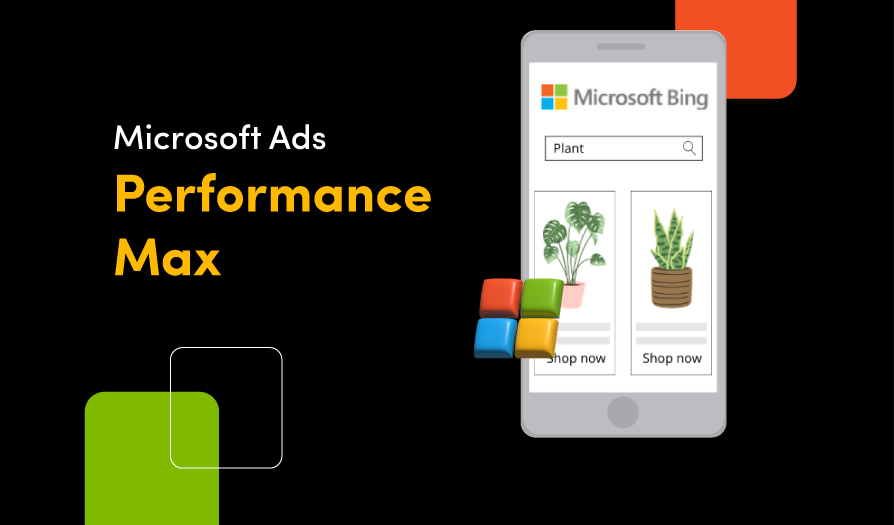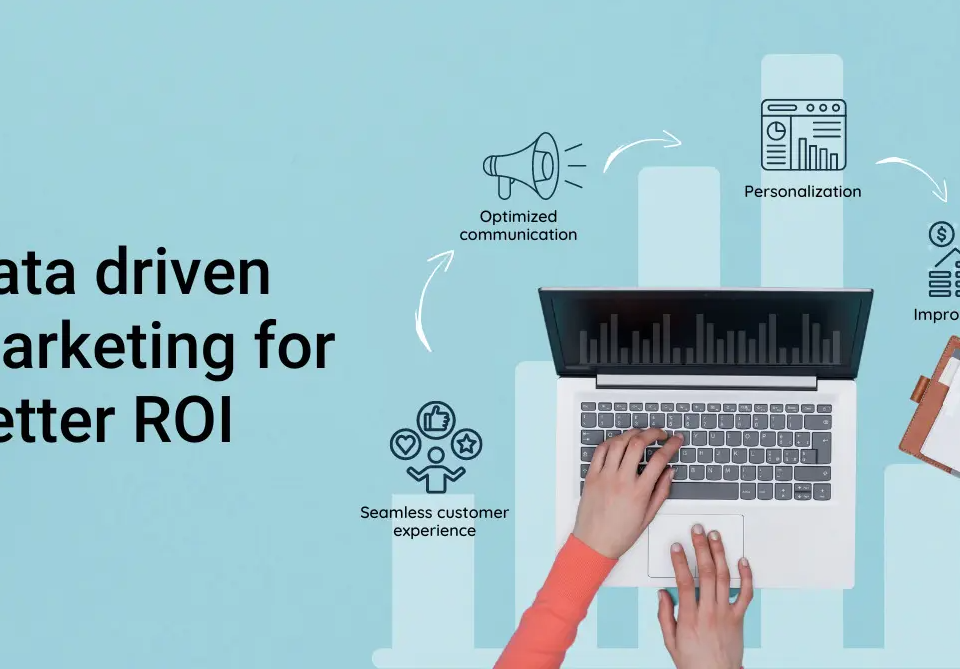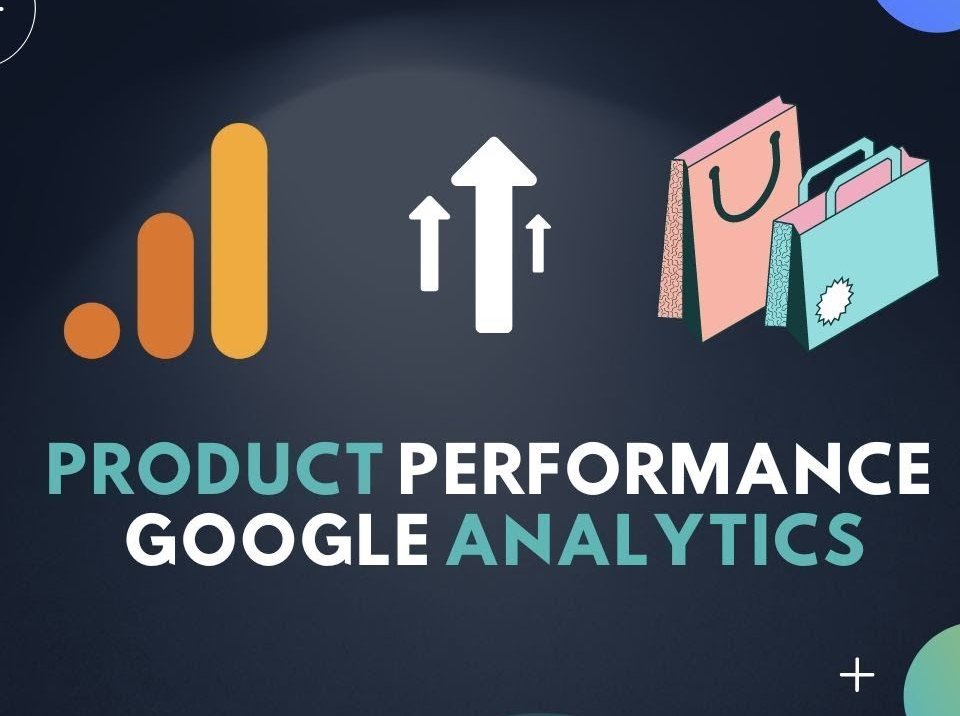- Call Now for a Free Evaluation
- +2347034964068
Leveraging Influencer Marketing in the Digital Age
In the digital marketing landscape, influencer marketing has emerged as a powerful strategy to reach and engage with target audiences. With the proliferation of social media platforms, influencers have become pivotal in shaping consumer behavior and driving brand awareness. This article explores the concept of influencer marketing, its benefits, strategies for effective campaigns, and future trends in this dynamic field.
What is Influencer Marketing?
Influencer marketing involves partnering with individuals who have a significant and engaged following on social media to promote products or services. These influencers can range from celebrities and industry experts to micro-influencers with niche audiences. The key is their ability to influence the purchasing decisions of their followers through authentic content and endorsements.
Key Benefits of Influencer Marketing
1. Enhanced Credibility and Trust
Influencers have built strong relationships with their followers, who trust their opinions and recommendations. Collaborating with influencers can lend credibility to your brand and create a sense of trust among potential customers.
Benefits:
- Authentic Endorsements: Influencers provide genuine and relatable content.
- Established Trust: Leverages the existing trust between influencers and their followers.
- Increased Credibility: Enhances brand reputation through trusted voices.
2. Targeted Reach
Influencers often cater to specific niches, allowing brands to target precise audience segments. This ensures that marketing efforts are directed towards those most likely to be interested in the product or service.
Benefits:
- Niche Audiences: Reach highly specific and engaged communities.
- Relevant Content: Content aligns with the interests of the target audience.
- Efficient Marketing: Maximizes ROI by targeting relevant followers.
3. Improved Engagement
Influencers excel at creating engaging content that resonates with their followers. Their posts often generate higher levels of interaction compared to traditional brand advertisements.
Benefits:
- High Engagement Rates: Influencer content typically sees more likes, comments, and shares.
- Interactive Campaigns: Encourages active participation from the audience.
- Enhanced Visibility: Increases the reach and impact of marketing messages.
Strategies for Effective Influencer Marketing Campaigns
1. Identify the Right Influencers
Choosing the right influencers is critical to the success of your campaign. Look for influencers whose values align with your brand and who have an engaged following that matches your target audience.
Strategies:
- Relevance: Ensure the influencer’s content aligns with your brand’s message.
- Engagement: Analyze the influencer’s engagement rates and follower interactions.
- Authenticity: Choose influencers who genuinely support your brand or industry.
2. Set Clear Objectives
Define the goals of your influencer marketing campaign. Whether it’s brand awareness, lead generation, or product sales, having clear objectives will guide your strategy and measure success.
Strategies:
- Specific Goals: Set specific, measurable, achievable, relevant, and time-bound (SMART) goals.
- KPIs: Identify key performance indicators to track progress.
- Alignment: Ensure campaign goals align with overall marketing objectives.
3. Develop Compelling Content
Work with influencers to create content that is engaging, authentic, and resonates with their audience. Provide guidelines, but allow influencers the creative freedom to maintain authenticity.
Strategies:
- Creative Collaboration: Collaborate with influencers to brainstorm content ideas.
- Content Guidelines: Provide clear guidelines while respecting the influencer’s style.
- Visual Appeal: Focus on high-quality visuals and compelling storytelling.
4. Monitor and Measure Performance
Track the performance of your influencer marketing campaigns using analytics tools. Measure engagement rates, reach, conversions, and ROI to assess the effectiveness of your efforts.
Strategies:
- Analytics Tools: Use tools like Google Analytics, social media insights, and influencer platforms.
- Engagement Metrics: Monitor likes, comments, shares, and follower growth.
- Conversion Tracking: Track clicks, leads, and sales generated from the campaign.
Future Trends in Influencer Marketing
1. Rise of Micro-Influencers
Micro-influencers, with their highly engaged and niche audiences, are becoming increasingly valuable to brands. They offer a more authentic and relatable connection with followers compared to macro-influencers.
2. Emphasis on Authenticity
As consumers become more discerning, authenticity in influencer marketing will be paramount. Brands will focus on building genuine relationships with influencers who truly align with their values.
3. Integration of AI and Data Analytics
AI and data analytics will play a crucial role in identifying the right influencers, predicting campaign outcomes, and measuring ROI more accurately.
4. Growth of Video Content
Video content, particularly on platforms like Instagram, TikTok, and YouTube, will continue to dominate influencer marketing. Brands will invest more in video collaborations to engage audiences.
Conclusion
Influencer marketing has become an indispensable part of the digital marketing toolkit. By leveraging the trust, reach, and engagement of influencers, brands can effectively connect with their target audiences and drive meaningful results. As the landscape evolves, staying attuned to trends and adopting best practices will be key to maintaining a competitive edge in influencer marketing. Embrace the power of influencers to amplify your brand message and achieve your marketing objectives in the digital age.





